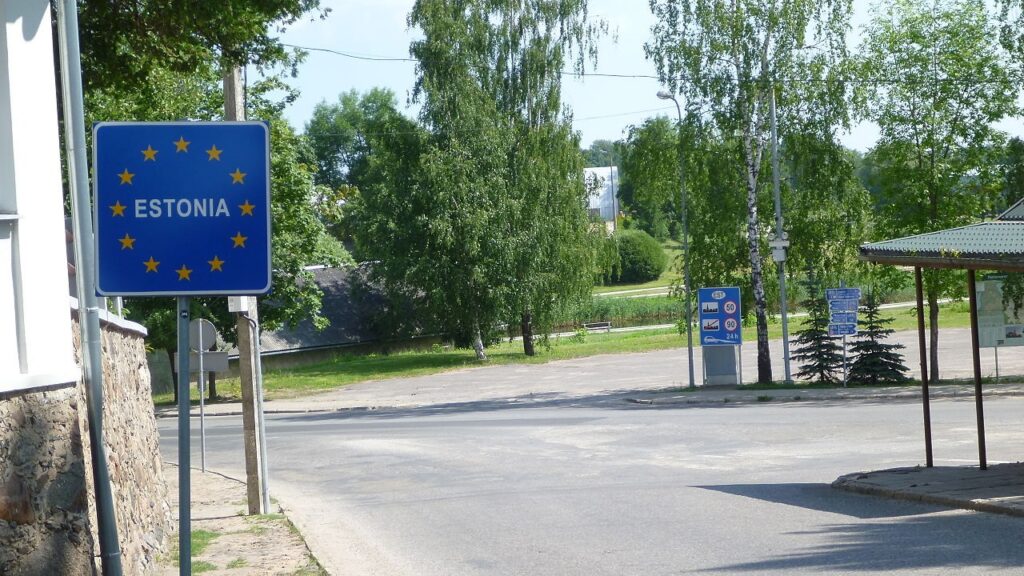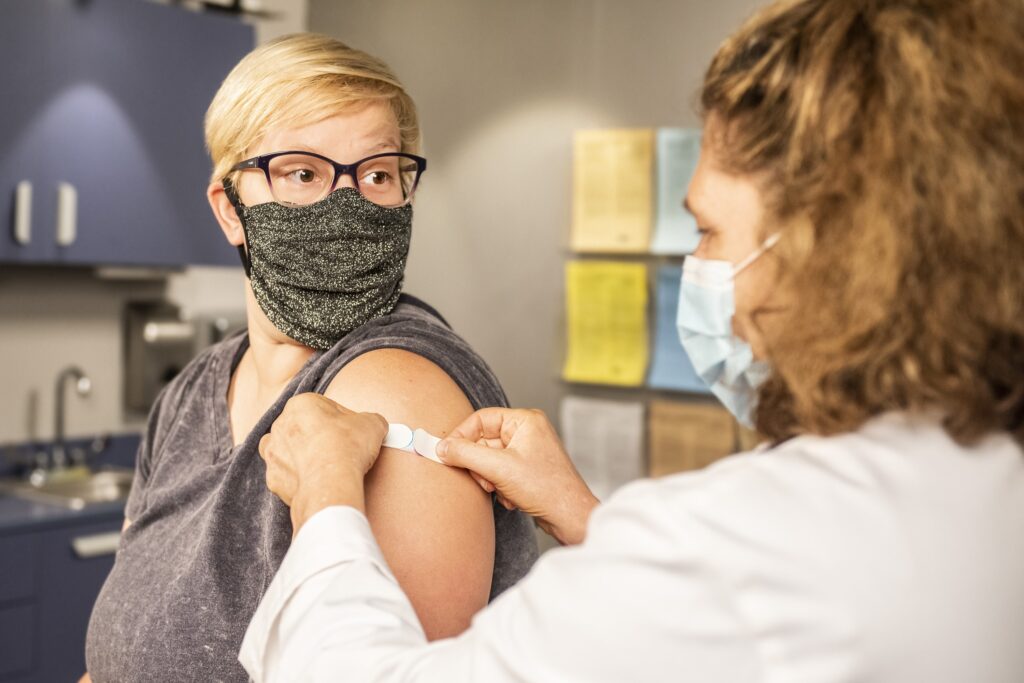In the week of 21 June, people arriving in Estonia from two European countries need to self-isolate to curb the spread of the coronavirus and its variants.
A 10-day self-isolation requirement applies on entering Estonia from a country in the European Union, the European Economic Area and the Schengen area with an infection rate above 150 per 100,000 inhabitants in the past 14 days.
From 21 to 27 June, the self-isolation requirement applies to people arriving from Denmark and Latvia.

The self-isolation requirement does not apply to people arriving from a country with an infection rate below 150 per 100,000 inhabitants in the past 14 days.
In the week of 21 June, people arriving from Andorra, Austria, Belgium, Bulgaria, Croatia, Cyprus, the Czech Republic, Finland, France, Germany, Greece, Hungary, Iceland, Ireland, Italy, Liechtenstein, Lithuania, Luxembourg, Malta, Monaco, the Netherlands, Norway, Poland, Portugal, Romania, San Marino, Slovakia, Slovenia, Spain, Sweden, Switzerland and the United Kingdom do not need to self-isolate upon arrival in Estonia.
It is also possible to travel to Estonia from Albania, Australia, Hong Kong, Israel, Japan, Lebanon, Macau, New Zealand, Rwanda, Serbia, Singapore, South Korea, Taiwan, Thailand and United States.
A 10-day self-isolation period is mandatory for people arriving from countries with an infection rate above 75 people per 100,000 inhabitants in the past 14 days. In the week of 21 June, the self-isolation requirement will not apply when arriving in Estonia from any of these countries.
When arriving in Estonia from any other country, a 10-day self-isolation requirement applies to those who are allowed to enter Estonia. The self-isolation period can be shortened by two tests.
Vaccinated people don’t need to self-isolate
The self-isolation and testing requirements are not mandatory for people who have undergone a COVID-19 vaccination programme (ie they’ve gotten both shots of either Pfizer, Moderna or AstraZeneca vaccine and two weeks have passed since the second dose; or they’ve gotten the single-shot Johnson & Johnson vaccine and two weeks have passed since) within the past six months. This applies to people arriving from anywhere in the world.

Also, people who have suffered from the novel coronavirus and no more than six months have passed since they have been declared cured, don’t need to test or self-isolate.
From 10 June, Estonia is using three types of EU Digital COVID Certificates that are in line with common EU standards: the EU Digital COVID Vaccination Certificate, the EU Digital COVID Recovery Certificate and the EU Digital COVID Test Certificate. These certificates contain QR-codes that are readable only with a special application. The Estonian foreign ministry is advising people to download a new certificate from the patient portal account.
The Estonian foreign ministry is asking all international travellers to check the border crossing conditions of both the destination and transit country and to assess whether travelling is necessary. Countries may impose measures to prevent the spread of new strains of the virus at a short notice.
Cover: Rakvere Castle, Estonia. Photo by Simo Sepp.

